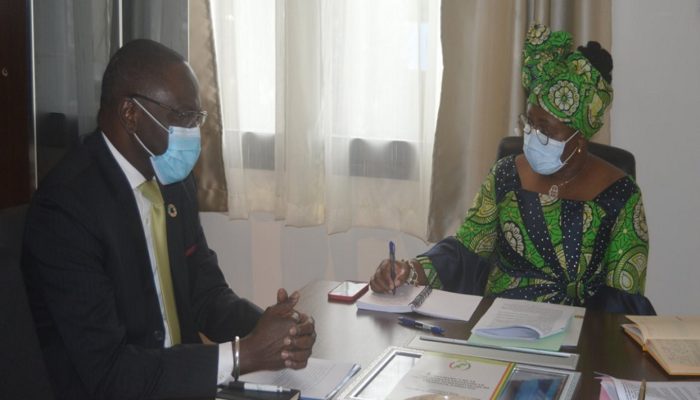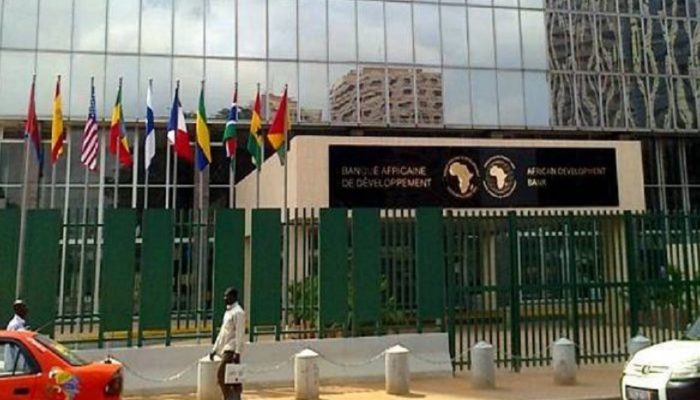From small businesses to international organizations based in the Republic of the Congo, teleworking is becoming more and more common and has tended to become widespread since the Covid-19 health crisis. But for all that, it complicates the organization of work and the social protection of employees.
The national labor commission met in Brazzaville on October 9, under the chairmanship of the Deputy Prime Minister in charge of the Civil Service, State Reform, Labor and Social Security, Firmin Ayessa, in the presence of the Minister of Technical and Vocational Education, Qualifying Training and Employment, Antoine Thomas Nicephore Fylla Saint-Eudes.

Composed of representatives of the public authorities, employers ‘organizations, workers’ unions, social organizations and independent experts, the national labor commission worked on examining the preliminary draft ordinance establishing teleworking, as well as two other draft texts relating to partial unemployment and the civil service statute.
Regarding teleworking, the project defines the framework and sets the conditions for using it, the terms of its organization and implementation, particularly in companies and establishments covered by the Labor Code. The experts evoke an urgent need to fill a legal vacuum and thus allow the implementation of an important recommendation of the special session of the National Social Dialogue Committee held on June 11, 2020.
“This new form of work organization is already being practiced in companies and has intensified thanks to the Covid-19 health crisis. Technical adjustments have been made to the text, in order to give it all the necessary relevance and consistency. The preliminary draft ordinance establishing teleworking was thus adopted with the amendments, “said the final press release.
But this reform raises several questions regarding employment contracts and the notion of volunteering in teleworking, employee remuneration; the choice of the place of telework which can be at home or in a telecentre; the teleworker’s right to respect for the private life, in other words, the employer will have to set the time slots during which he can contact his employee; and finally, protection of the health and safety of teleworkers, particularly in the use of display screens.
Launching the work of the committee, Deputy Prime Minister Firmin Ayessa said that the current context linked to the coronavirus crisis requires a positive evolution of legal frameworks in the world of work. “The challenges are many, which we must face today and tomorrow”, he said, adding that the reform of the civil service affects the rights and obligations of civil servants, the quality of civil servant, the civil servant’s career. , non-tenured agents and the disciplinary regime.





